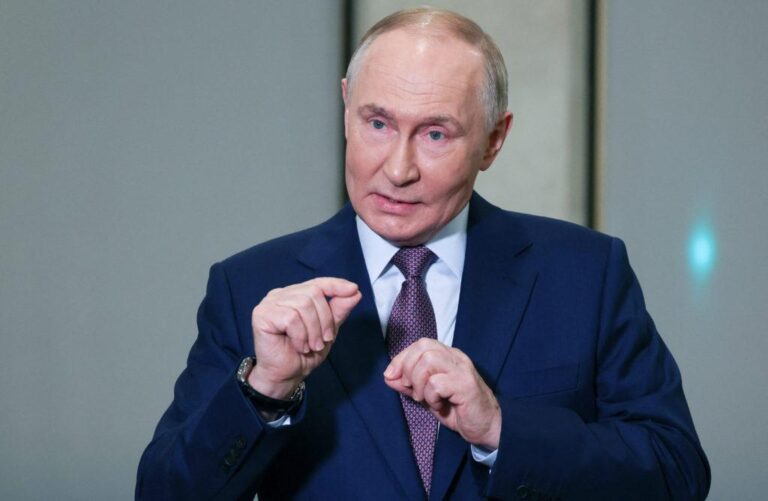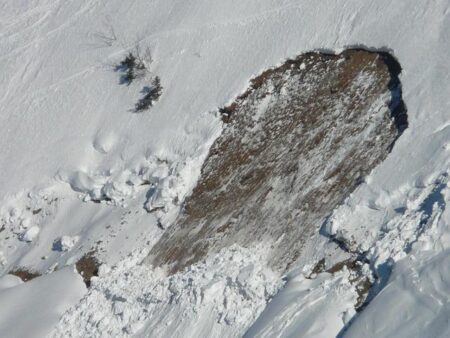Russia’s ongoing offensive in southern Ukraine has taken a chilling new dimension, as reports emerge of what the Atlantic Council terms a disturbing “human safari.” This harrowing phenomenon involves Russian forces reportedly conducting systematic abductions, forced relocations, and calculated violence against civilians-a stark reminder of the brutal realities of modern conflict. As the world watches the devastating human cost unfold, the Atlantic Council warns that these actions are not only an immediate humanitarian crisis but also a broader cautionary tale about the erosion of international norms and the urgent need for global vigilance.
Russia’s Brutal Tactics Expose New Frontiers of Warfare in Southern Ukraine
In the shadow of the ongoing conflict in southern Ukraine, Russian forces have employed a ruthless array of tactics that fundamentally challenge contemporary warfare norms. Reports and eyewitness accounts reveal a disturbing strategy-akin to a “human safari”-where civilians are systematically subjected to intimidation, forced displacement, and horrifying acts designed to break the spirit of the local population. This brutal approach not only underlines a blatant disregard for international humanitarian laws but also signals a grim evolution in how conflict zones are manipulated to achieve territorial and psychological dominance.
Key Elements of the New Warfare Frontiers Include:
- Targeted use of civilian infrastructure to induce mass exodus and destabilization.
- Psychological warfare tactics aimed at sowing fear and confusion.
- Coordinated disinformation campaigns amplifying chaos and mistrust.
- Exploitation of local resources and forced labor under threat of violence.
| Tactic | Impact | International Response |
|---|---|---|
| Forced Displacement | Mass refugee flows, community breakdown | Sanctions, humanitarian aid |
| Psychological Operations | Lowered morale, increased panic | Global media exposure, counter-propaganda |
| Civilian Infrastructure Targeting | Essential services disruption | Calls for ceasefire, war crime investigations |
Human Rights Violations Demand Immediate International Accountability
The brutal treatment of civilians in southern Ukraine underlines a disturbing pattern of abuse that demands swift and comprehensive international response. Reports detail systemic violations including forced displacement, arbitrary detentions, and summary executions-tactics reminiscent of a “human safari” where the basic dignity and rights of individuals are hunted without regard. These acts not only contravene international humanitarian law but also challenge the global community’s mechanisms for accountability and justice.
Effective intervention hinges on coordinated efforts to document and prosecute offenders. To ensure this, the international community must prioritize:
- Establishing independent investigation panels with full access to affected areas
- Imposing targeted sanctions against security forces and political actors involved
- Supporting survivor-centered documentation to secure evidence for future prosecutions
- Reinforcing alliances to apply diplomatic pressure on perpetrators
| Violation Type | Reported Incidents | International Response Status |
|---|---|---|
| Forced Displacement | Thousands of civilians uprooted | Partial sanctions in place |
| Arbitrary Detentions | Hundreds detained without trial | Investigation underway |
| Summary Executions | Confirmed dozens of cases | Calls for ICC prosecution |
Strengthening Global Response Mechanisms to Prevent Future Aggressions
To effectively counter escalating aggression on the global stage, it is imperative that nations unite under robust and pre-emptive response frameworks. International bodies must invest in enhancing early-warning systems, intelligence sharing, and rapid deployment forces capable of deterring acts of violence before they escalate. Developing standardized protocols for sanctions, diplomatic isolation, and coordinated humanitarian intervention ensures swift and measured responses that signal zero tolerance for violations of sovereignty. Without these mechanisms, delayed or disjointed actions risk enabling aggressors to exploit geopolitical gaps, further destabilizing affected regions and threatening global security.
Additionally, fostering multilateral cooperation extends beyond government institutions to include civil society and private sector partners who play vital roles in resilience and accountability. The establishment of transparent reporting platforms and real-time conflict monitoring tools can empower stakeholders to respond decisively to emerging threats. The following table outlines essential components for a revamped global response model that prioritizes speed, unity, and adaptability:
| Component | Function | Expected Outcome |
|---|---|---|
| Early-Warning Networks | Real-time threat detection | Faster crisis identification |
| Joint Military Task Forces | Rapid intervention capabilities | Deterrence of aggressive actions |
| Coordinated Sanctions | Unified economic pressure | Increased cost of aggression |
| Information Sharing Platforms | Unified intelligence flow | Better strategic planning |
| Civil Society Engagement | Transparency and accountability | Legitimized global response |
- Promote dialogue channels for conflict de-escalation before crises erupt.
- Invest in resilience-building for vulnerable states to withstand external pressures.
- Apply uniform legal standards to hold aggressors accountable on the international stage.
The Way Forward
As Russia’s “human safari” in southern Ukraine unfolds, the international community faces a stark warning about the escalating human cost and the brutal tactics employed on the ground. This disturbing chapter not only exposes the grave realities of the conflict but also underscores the urgent need for global vigilance and decisive action to prevent further violations of human rights. The Atlantic Council’s report serves as a crucial call to recognize these unfolding atrocities-not just as a regional crisis, but as a challenge with profound implications for international security and human dignity worldwide.




